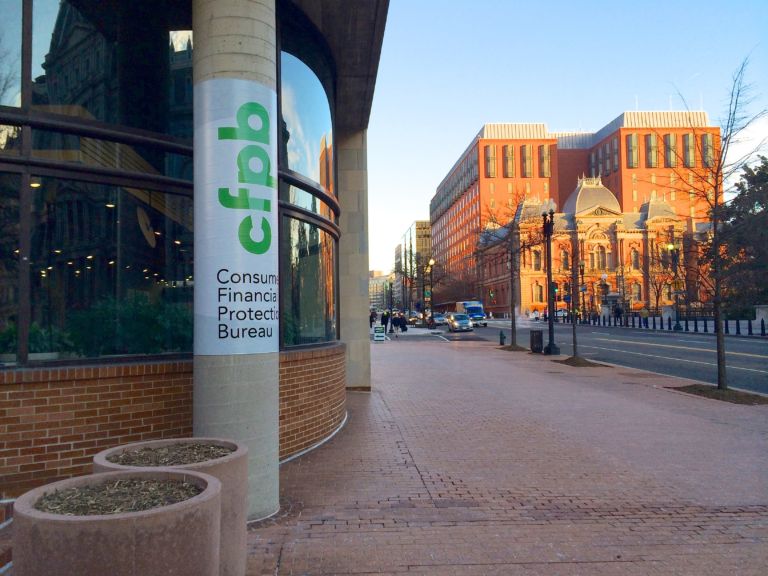The latest issue of Hillsdale College’s Imprimis features a speech transcript from National Review‘s David French. He highlights elements of the recent religious liberty debate that have been drowned out by hyperbolic rhetoric.
RFRA and the compelling interest standard more broadly have long existed in American law. The compelling interest standard was not something invented by Congress when it passed RFRA in 1993. RFRA was passed to restore religious liberty to the same level of protection it received prior to the Supreme Court’s controversial decision in Employment Division v. Smith (1990), which rejected decades of precedent to hold essentially that religious liberty claims are inferior to rules of general applicability. Smith caused a bipartisan outcry, and Congress moved quickly to overturn the decision, passing RFRA with overwhelming majorities. President Clinton proudly signed it into law.
Conservatives saw Smith as a threat to the constitutional order, a dangerous derogation of our nation’s “first liberty.” Liberals saw Smith as a threat to smaller, minority religions. The dispute in the case arose over the use of peyote, a hallucinogenic drug, in Native American religious rituals. It’s safe to say that there was no sense at the time that RFRA was a threat to civil liberties or civil rights. Indeed, RFRA was seen as necessary—again, by liberals and conservatives alike—to protect civil rights.
There was good reason for this belief. For decades, the compelling interest standard in religious liberty claims had existed side-by-side with the explosive growth of nondiscrimination laws, and religious liberty claims had never been successfully used to strike down nondiscrimination statutes. In fact, in Newman v. Piggie Park Enterprises (1968), the pre-Smith Supreme Court called a business owner’s argument that he had a free exercise right to deny service to black customers “patently frivolous.”
This comes as no surprise to religious liberty attorneys who actually read the law and know how it operates in real-life litigation. It’s a historical fact that religious liberty claims did not protect or legally enable Jim Crow. The Civil Rights Acts were passed and prospered under the pre-Smith religious liberty regime.
Regardless, the sexual revolution marches on and the Left’s definition of “civil rights” has expanded—not only does it prohibit class-based discrimination in places of public accommodation, it now requires conscription into the revolution itself.
For example, it’s no longer enough for employees to have access to low-cost contraceptives and abortifacients. It’s the Obama administration’s position that employers must provide them free of charge. It’s no longer enough for bakers, florists, and photographers to provide service to everyone, regardless of sexual orientation. They must participate in and facilitate any kind of action or ceremony their customers desire—no matter how offensive to their beliefs—so long as those ceremonies further the ideals of the sexual revolutionaries.


